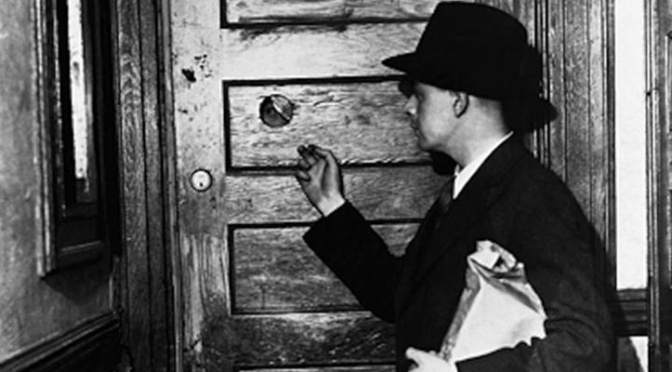Students like me often respond to Biagi in mysterious ways. Ways that frankly – given our experience levels – are borderline suicidal.
I am talking here about rhythmic Biagi of course – we all know them – amazing, exciting sides like Humiliación, Indiferencia, Pura Clase and perhaps the most challenging of all – Bélgica.
As leaders the default is that we up our energy levels – we try to catch the cuts. We run and run to keep up with him.
But he is always an annoying half beat and a wry smile ahead of us – unless we have 10+ years of experience.
In our practise sessions recently we have been working on dancescapes for individual composers – especially to D’Arienzo and Biagi. And with Biagi I have been concentrating for months now on lowering the energy and finding the humour and playfulness that he offers us.
Last week we recorded this session – and I was so interested to watch it.
It seems to me that I have learned – at least a bit – to change my approach – to be patient and playful – and not to chase the cuts. Of course I can see a million errors – practise videos show all as it is – that is their value – they have no concerns with our self perceptions.
But it is calmer. So much quieter than I used to be. Simple movements – often just syncopated walking – always repeating, allowing the follower to relax more and more.
And the result of this lower energy – this calmer approach to Biagi – is that my partner Jo is able to follow this naturally, and to smile, relax and join in the game. She has time to be neat and beautiful with her feet – to laugh with me, and with Biagi, at the endless fun of improvised Tango.
And that – surely – is what we as student leaders are striving for? To help her to enjoy the dance.


